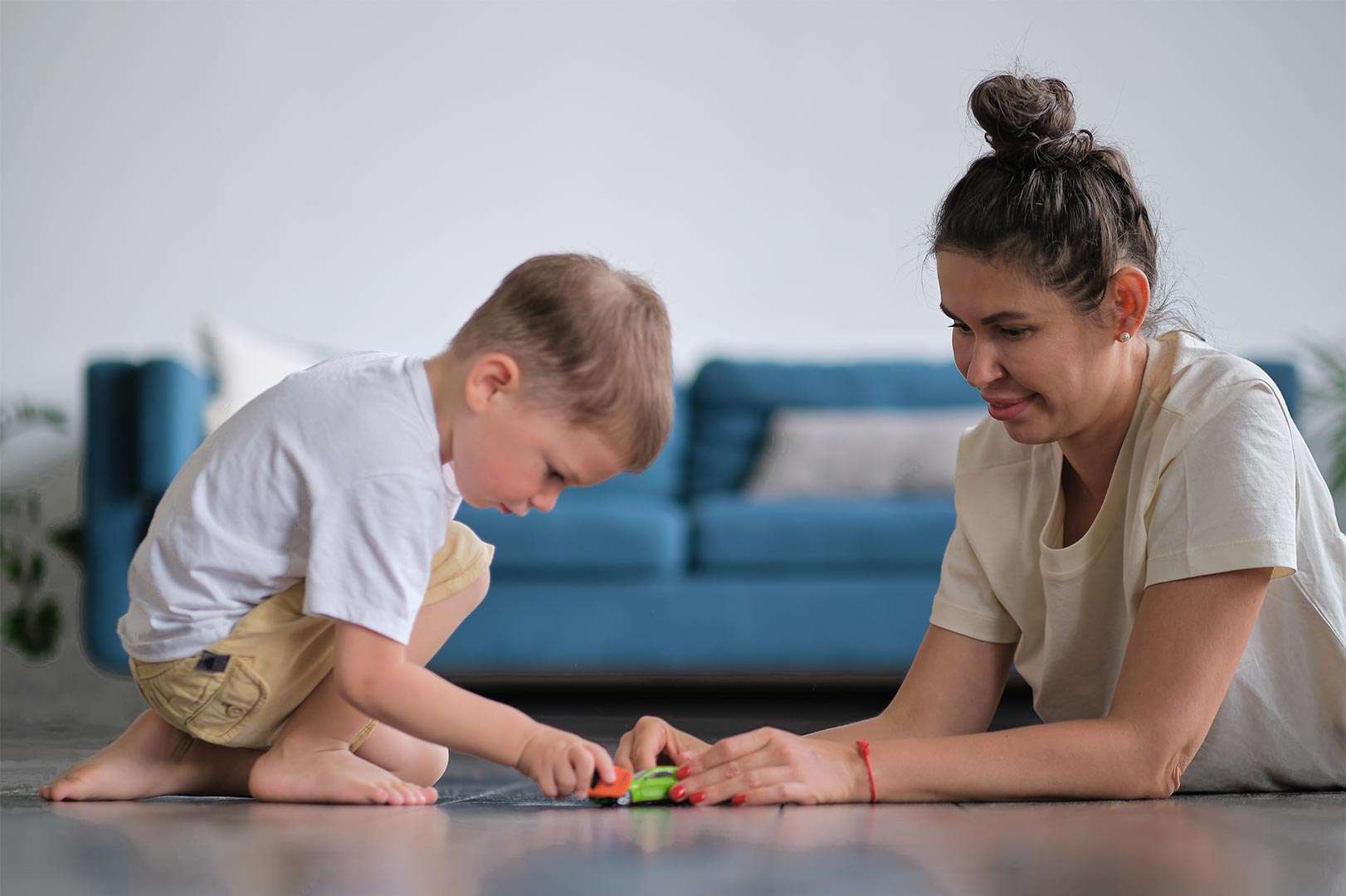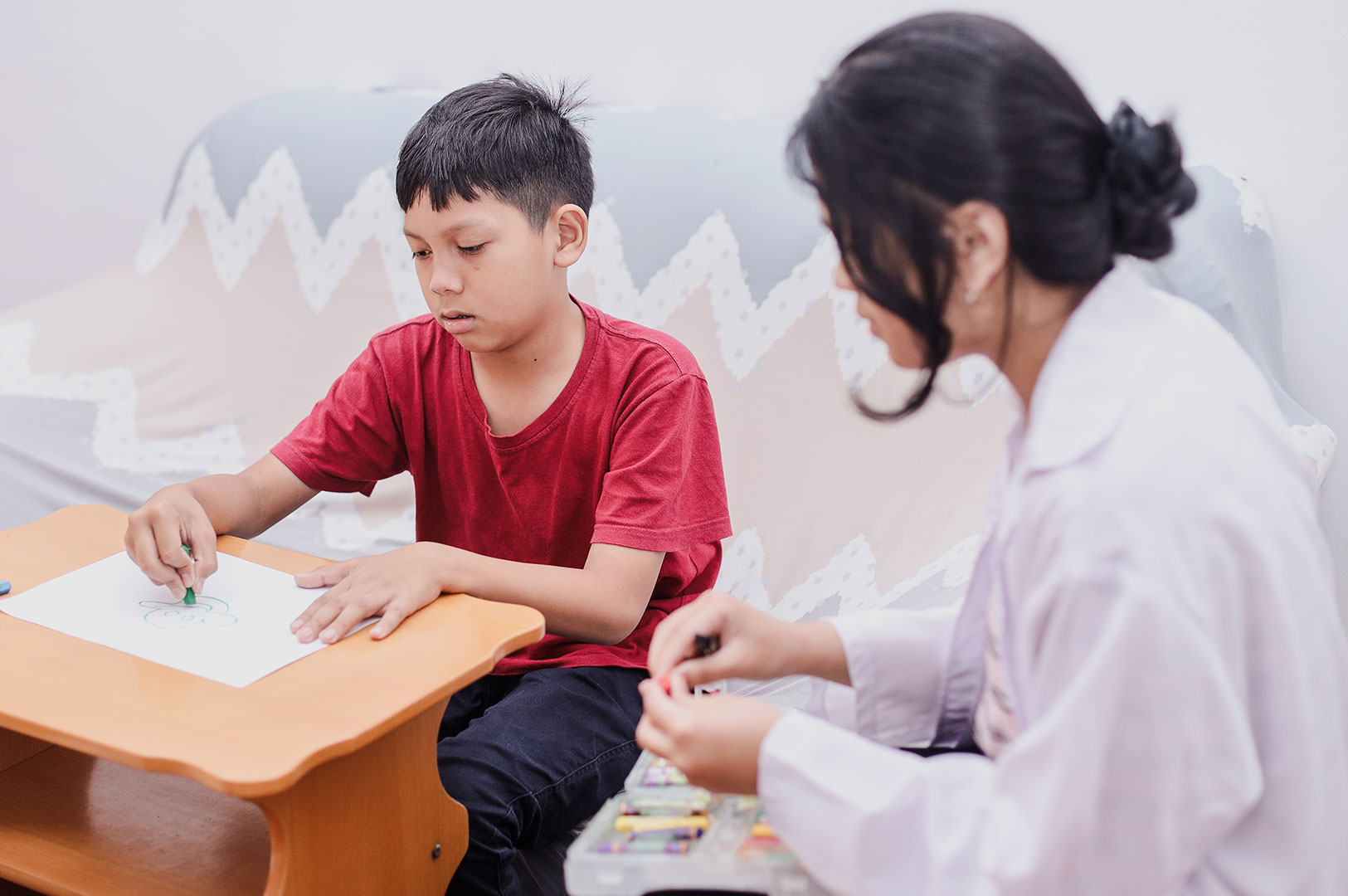Students with autism thrive when they have a strong support system in place. This includes their family, teachers, and other professionals who work with them. Collaboration is essential for ensuring that all members of the team are on the same page and that the student is receiving the best possible support.
Benefits of Collaboration
There are many benefits to collaboration when supporting students with autism. Here are just a few:
- Better outcomes for students: When everyone is working together, students are more likely to meet their academic and social goals.
- Reduced stress for families: Families of children with autism often feel overwhelmed and stressed. Collaboration can help to reduce this stress by providing families with support and resources.
- Increased teacher satisfaction: Teachers who feel supported and have access to resources are more likely to be satisfied with their jobs. This can lead to a more positive and supportive learning environment for students.
How to Collaborate Effectively
Here are a few tips for collaborating effectively with the family and other professionals who support students with autism:
- Build trust and rapport: It is important to build trust and rapport with the student’s family and other professionals. This can be done by communicating regularly, being open to feedback, and respecting everyone’s expertise.
- Share information: Share information about the student’s progress, needs, and goals with the student’s family and other professionals. This will help everyone to stay on the same page and to work towards the same goals.
- Develop a shared plan: Develop a shared plan for supporting the student. This plan should be based on the student’s Individualized Education Plan (IEP) and should include specific goals and strategies.
- Meet regularly: Meet regularly with the student’s family and other professionals to discuss the student’s progress and to make any necessary adjustments to the plan.
Specific Strategies for Collaborating with Families
Here are a few specific strategies for collaborating with the families of students with autism:
- Involve parents in the IEP process: Parents are experts on their child, so it is important to involve them in the IEP process. Make sure to listen to their concerns and suggestions.
- Provide regular updates: Provide regular updates to parents about their child’s progress in school. This can be done through email, phone calls, or face-to-face meetings.
- Send home schoolwork and activities: Send home schoolwork and activities that parents can do with their child at home. This will help to reinforce the skills that the student is learning in school.
- Offer training and support: Offer training and support to parents on how to best support their child at home. This can be done through workshops, seminars, or one-on-one consultations.
Specific Strategies for Collaborating with Other Professionals
Here are a few specific strategies for collaborating with other professionals who support students with autism:
- Meet regularly with the student’s IEP team: Meet regularly with the student’s IEP team to discuss the student’s progress and to make any necessary adjustments to the plan.
- Share information and resources: Share information and resources about autism with other professionals. This will help everyone to stay up-to-date on the latest research and best practices.
- Coordinate services: Coordinate services with other professionals to ensure that the student is receiving the best possible support. This may involve sharing information, developing joint plans, or co-treating the student.
Collaboration is essential for supporting students with autism. By working together, families, teachers, and other professionals can help students to reach their full potential.
Find out if your child needs extra support today!
- My child screams hysterically
- My child is mean to other children
- My child is always worried
- My child is scared to go to school
- My child is scared of loud noises
- My child doesn’t know how to read
- My child is scared to play outside
- My child does not respond to his name
- My child always gets in trouble
- My child fights with other children
- My child doesn’t know how to count
If you are concerned about your child’s development, contact us for Assessments: Phone/Telegram: 077.455.993 – Telegram Link: https://t.me/OrbRom
If you are concerned about your child’s development, contact us for Assessments.
Phone/Telegram: 077.455.993 Link: https://t.me/OrbRom






Leave A Comment